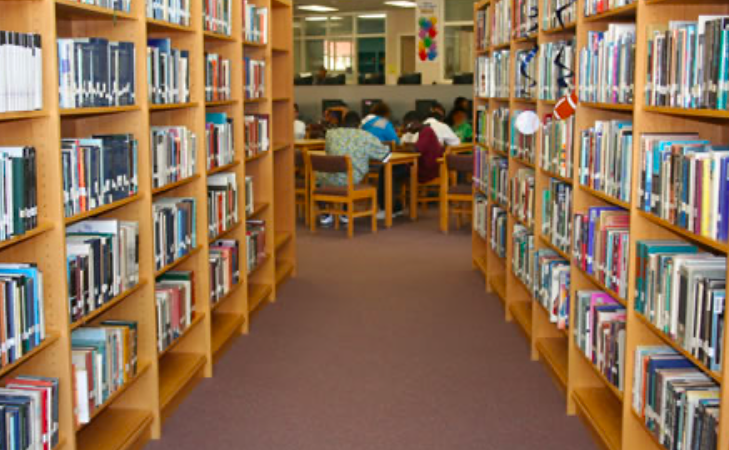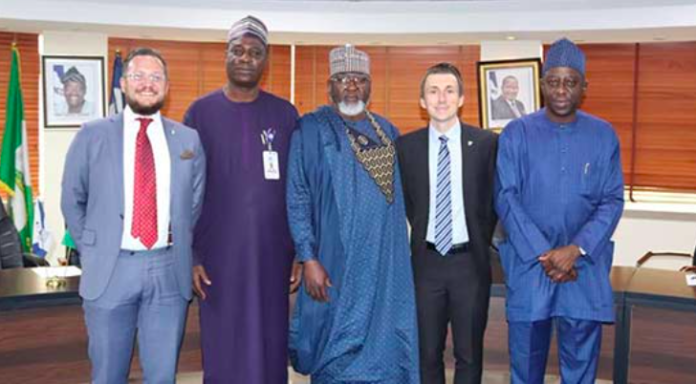By Winnie Kamau
Nairobi, Kenya: In a pilot program set out first in Africa that will bring enhanced internet connectivity and increased community resilience against outages. The Gigabit Libraries Network(GLN) announced an agreement with the Nigeria National Library pilot 5 public libraries as users of SpaceX/ Starlink’s LEO satellite broadband system.
The 5 libraries will be the pioneer of such a connection on the continent working in partnership with the African Library and Information Associations and Institutions (AfLIA) to initiate a set of 5 pilot projects in Abuja and Lagos, the library sites will be part of a wider study on capabilities and potential benefits of this innovative and potentially revolutionary communications capability that can reach almost anywhere on the planet.
“In many African communities, the library is the only place to access free and/or cheap Internet. Getting libraries connected to fast, stable and affordable Internet, can be the only link between young people and opportunities; between learning new skills and making the mark for better employment prospects and between access to information that can debunk rumours and falsehoods” Nkem E. Osuigwe, Human Capacity Development & Training Director, AfLIA.
Starlink is now delivering broadband service in forty-five countries and more nations granting operating permits with Nigeria becoming the first in Africa to see service launched.
 Implementation of LEO technology appears to be yielding faster connection speeds with lower latency than traditional geostationary satellite based services, though with outstanding questions of capacity over time as more users participate.
Implementation of LEO technology appears to be yielding faster connection speeds with lower latency than traditional geostationary satellite based services, though with outstanding questions of capacity over time as more users participate.
“The speed is just amazing in our area! I am excited for my community and especially for the students that need this access for school work!,” says Richelle Montoya, Director, Torreón, NM Library, the world’s first LEO-connected library.
“There are many things to learn about how these new systems can serve towards closing the persistent global digital divide as well as integrate into the wider telecom ecosystem. Being essentially impervious to power and/or internet outages, these space based connectivity systems increase community resilience against extreme weather disaster events,” says Don Means, GLN Director.
Traditional communications infrastructures rely on terrestrial networks of wires and towers extending out from the internet backbone. As that distance increases so do the costs of provision making end user services typically less affordable and therefore less likely to even be built.
“I think connecting libraries as community access hubs for resilience is a good idea, and highly relevant. These communities may not be contributing huge amounts of carbon, but they are the places where it’s growing fastest–and more to the point they’re where people are most suffering the effects” says Bill McKibben, Climate Activist, Co-founder 350.org
LEO systems combined with the myriad services of public or community libraries, together respond to the three primary barriers to adoption which inhibit access for some 3 plus billion people worldwide. Those barriers include availability, affordability and usability according to GLN’s “LEO Libraries” overview.
Starlink hardware with 24 months of service has been donated by the company in support of community access at public libraries.














